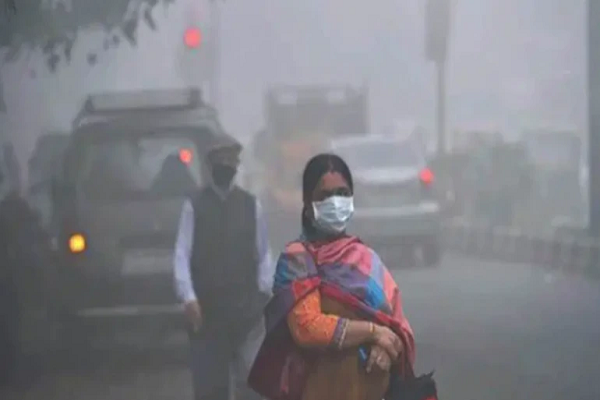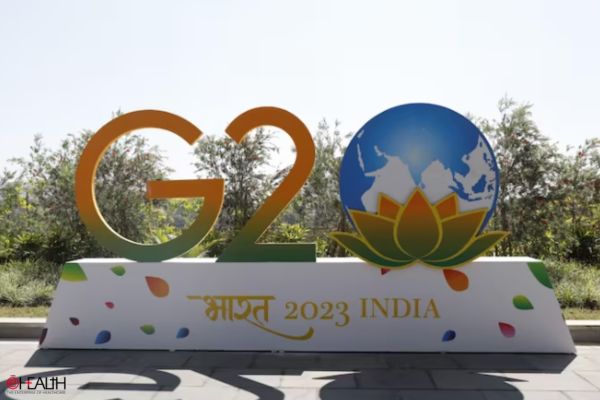World’s most liveable cities ranking: Delhi slips six notches due to air pollution, crime
New Delhi, the national capital, has slipped six notches to rank 118th position on a list of the world’s most liveable cities, as per an annual survey by the Economist Intelligence Unit.
The steep fall in the rank of Delhi is attributed to poor air quality and increased incidences of petty crime. Vienna (Austria) fared at the top for the second consecutive year in the list which ranked 140 cities around the world on five parameters including stability, healthcare, culture and environment, education, and infrastructure.

The national capital got an overall rating of 56.3 out of 100, followed by Mumbai which got a rating of 56.2 and was ranked 119 out of the 140 cities. Vienna scored 99.1 and least-ranked Damascus (Syria) got 30.7 points in the ranking list.

The study said that Asian cities overall have scored slightly below the global average while three Asian cities — Port Moresby in Papua New Guinea (135th), Pakistan’s Karachi (136th) and Bangladesh’s Dhaka (138th) — are among the ten least liveable globally.
The EIU said decline in Mumbai’s rank was mainly due to a downgrade in its culture score, while New Delhi has fallen in the index because of downgrades to its culture and environment score as well as fall in the stability score owing to rising crime rates.

“This year we also note the demonstrable impact of the effects of climate change on liveability. Several cities, such as New Delhi in India and Cairo in Egypt received substantial downgrades on their scores owing to problems linked to climate change, such as poor air quality, undesirable average temperatures and inadequate water provision,” the report said.

The EIU said each factor in a city is rated as acceptable, tolerable, uncomfortable, undesirable or intolerable.
“We expect problems relating to climate change to put increasing pressure on liveability scores in the coming years and for the number of cities affected to grow.
“In recent years liveability has generally been rising, thanks to improvements in stability and better education and healthcare provision in cities within emerging markets. But these improvements are under serious threat from an increasingly adverse climate,” EIU’s global forecasting director Agathe Demarais said.
A score between 50-60 points, which is the case for India, indicates constrained liveability conditions.
The 2018 update to the World Health Organisation (WHO) Global Ambient Air Quality Database shows that New Delhi has the sixth highest annual mean concentration of fine particulate matter among cities around the world.
post_id:uld_count:
Cookie not set
Value 1: 0
Value 2: 10
















